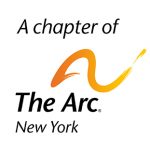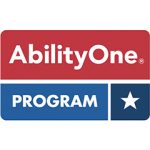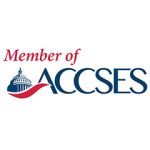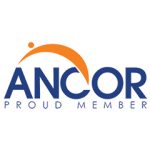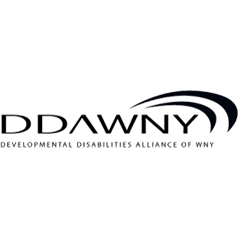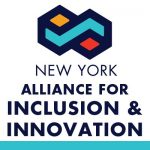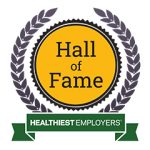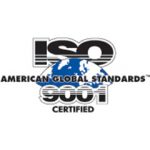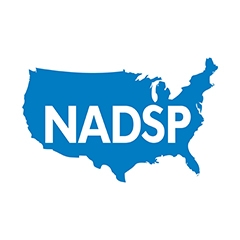CQL Accreditation
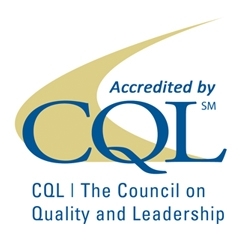
More than a year of hard work, preparation and self assessment culminated Friday, July 22, in the words TRC officials were waiting to hear.
“As of today, you are an internationally accredited organization,” Jeff Shoemaker, Quality Enhancement Specialist with The Council on Quality and Leadership, told a gathering of TRC employees and Board members in the agency’s Conference Center in Celoron.
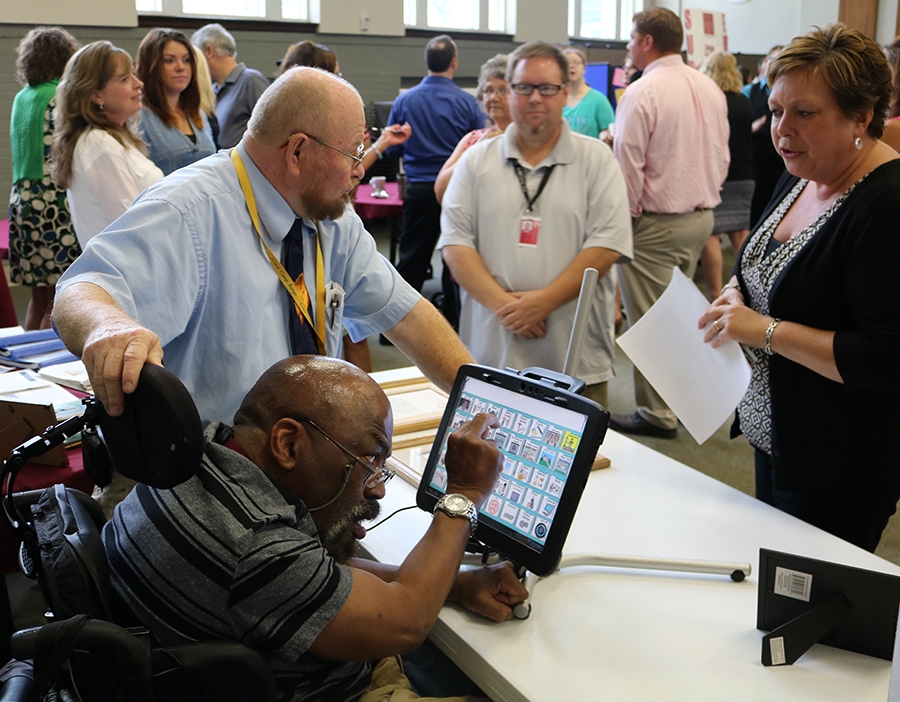
Shoemaker’s remarks came at the end of a four-day review of The Resource Center conducted by representatives of The Council on Quality and Leadership (CQL), a Maryland-based organization dedicated to defining, measuring and improving quality of life for people receiving supports from human-service organizations. CQL works with organizations across the United States and in other countries.
CQL accreditation is coveted among human-service organizations, as it is difficult to achieve. The accreditation process involves a months-long self assessment that organizations must undergo in preparation for a visit by CQL officials, and many agencies bow out during the self-assessment process.
CQL offers three levels of accreditation, and The Resource Center had sought accreditation in the area of quality assurance. For this initial level of accreditation, CQL examined and assessed TRC in three areas: Basic Assurances, Shared Values and Personal Outcome Measures.
“Basic Assurances are non-negotiable guarantees of individuals’ health and well-being,” Shoemaker said. There are 10 factors in the Basic Assurances section:
- Rights Protection and Promotion
- Dignity and Respect
- Natural Support Networks
- Protection from Abuse, Neglect, Mistreatment and Exploitation
- Best Possible Health
- Safe Environments
- Staff Resources and Supports
- Positive Services and Supports
- Continuity and Personal Security
- Basic Assurances® System
Those 10 factors are composed of 46 indicators on which organizations are scrutinized by CQL, which looks to determine whether there are systems and practices in place to ensure that the indicators are being met. “We never expect that all 46 will be there,” said Shoemaker, explaining that with organizations seeking to achieve CQL certification for the first time, it’s not unusual to see 12 to 20 indicators that are not fully in place. He said that TRC only had five indicators that are not yet in place.
“It’s remarkable that we would find five in a first-time visit,” Shoemaker said. “Pat yourself on the back ‘til you break your arm.”
The second component in the quality assurance certification process is in the area of Shared Values. For this, Shoemaker said he and his colleagues want to “ensure that you share the values that CQL has, and see that these values are accepted by everyone in the organization.” He said that having just one employee possessing a different set of values in the way service recipients should be treated can be extremely disruptive.
Taken together, Basic Assurances and Shared Values support the final piece of the quality assurance puzzle – Personal Outcome Measures. Personal Outcome Measures help to ensure that services and supports provided by an organization are truly person-centered and are having results that are desired by the person. This information is gained through an interview with individuals receiving supports to determine the importance of various outcomes in each person‘s life, and how successful each person has been in achieving those outcomes. Knowledge gained during a Personal Outcome Measures interview can be used to develop or revise each individual’s person-centered plan; information learned through many interviews can influence an organization’s strategic plan.
The Resource Center has two employees who have become certified Personal Outcome Measures interviewers, and more than 30 other staff members have gone through training to become interviewers.
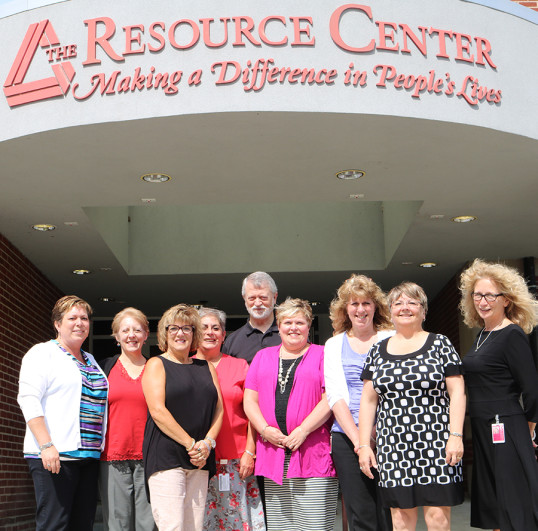
Left to right: Katherine Dunbar and Ann Eller from CQL; Mary Jo Hamilton, Director of Intellectual and Developmental Disability Services; Sue Eck, Administrative Assistant; Jeff Shoemaker, CQL; Michele Albaugh; Beth Jermain, Support Option Administrator; Denise Jones; and Virginia Vath.
CQL's quality assurance accreditation is good for three years. In the next stage of the accreditation process, TRC officials will have 30 days to review CQL’s report from its visit to The Resource Center and develop action steps to address the five areas cited by CQL. CQL will return to The Resource Center in 18 months to assess how TRC is doing.
TRC representatives were thrilled to achieve the CQL certification.
“It’s been a pleasure. It’s been a journey,” Executive Director Denise Jones told the staff and Board members gathered for CQL’s presentation. “What I see in this accreditation is that we just don’t write about it, we do it. And that is so important for the people we support.”
Virginia Vath, Assistant Executive Director for Quality Assurance, Quality Improvement and Compliance, encouraged everyone present to give themselves a standing ovation. “I couldn’t be more proud to work with this group,” she said.
“What a great week of learning, discovery and exploration we’ve had with the team from CQL,” said Michele Albaugh, Director of Learning and Development. She later shared that CQL officials have encouraged TRC to seek the second level of accreditation (which focuses on person-centered excellence), saying that from what the CQL reviewers have seen, The Resource Center already has the systems in place to achieve that next level of accreditation.
Denise, Virginia and Michele said TRC’s involvement with CQL will enable The Resource Center to better support individuals with disabilities in having the lives they want. All three added that this journey toward the ideals espoused by CQL is one in which an organization never reaches the final destination, because the emphasis is on always continuing to try to do better.
But for now, TRC administrators and its Board of Directors invite all employees, service recipients, family members, and supporters to help us celebrate achieving this important milestone on a journey that will never end.












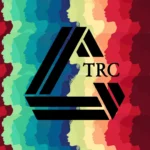
















 200 Dunham Avenue, Jamestown, NY, 14701
200 Dunham Avenue, Jamestown, NY, 14701
